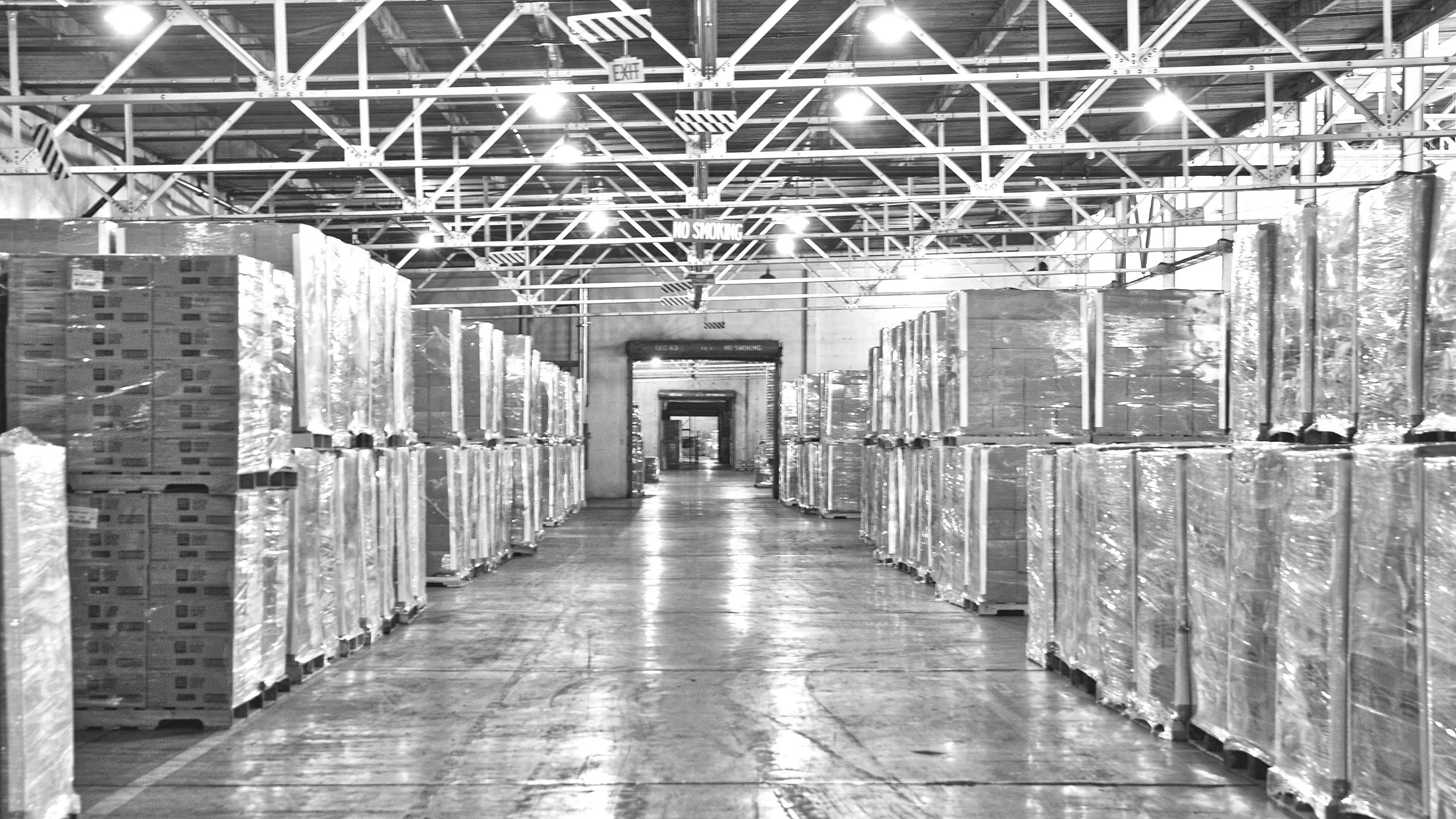Since 1984, each move forward has positioned CEFL to better address California's hunger problem.
We began by centralizing our location to a large facility in Sacramento.
Then we built our capability to receive, store and handle vast amounts of fresh and packaged food.
In 1984, we partnered with the California Department of Social Services (CDSS) as a program of the Sacramento Food Bank.
We learned about the many challenges food banks, particularly the smallest ones, faced at that time.
To address those problems, we began coordinating food ordering and delivery scheduling for CDSS' agencies throughout Northern and Central California.
Our successful efforts led to our formation of California Emergency Foodlink as a separate non-profit entity in 1992. At this time, we began serving agencies statewide.
We solicited and received grants that allowed us to acquire additional food handling, storage and packaging equipment for ourselves and the agencies we serve.
We prepared California to respond to natural disasters at a moment's notice, assisting food banks statewide with disaster food boxes and distribution services.
In 1994, we developed and implemented a statewide program to deliver fresh and packaged food directly to the more than 35 TEFAP agencies.
We created a program of tailgate and farmer's market-style deliveries to help smaller community-based food distribution sites better serve their needy populations.
We worked behind the scenes in a way that is mostly unseen to ensure that the agencies we serve get all the kudos.
We advocated with anyone who listened—federal and state legislators and leaders, the media, the public—to implement sensible solutions to hunger that address its root causes so no one goes hungry.
Our history of "firsts" speaks to our unique ability to serve California's food banks.
First Responder. In 1992, immediately following the Los Angeles Riots, we were tasked by the California Department of Social Services to coordinate its disaster food assistance program. We acquired warehouse space, and purchased, packaged and delivered millions of pounds of fresh and packaged food to area food banks for distribution to disaster victims.
Finalist, Innovations in American Government Award. In 1995, Foodlink was the first food distribution agency in the nation to become a finalist in the Ford Foundation/John F. Kennedy School of Government "Innovations in American Government," winning a $20,000 grant for its innovative partnership with CDSS.
First Fresh and Perishable Food Recovery Program. In 1994, Foodlink created the Donate, Don't Dump program, the first fresh food recovery program of its kind in the nation, by persuading food growers and processors across California that it was good business to feed the hungry. Our program has been emulated by food banks across the country, and the federal government now reimburses some of the costs associated with distributing this fresh, nutritious donated food.
First Food Distribution Agency To Win Prestigious USDA Award. In 1998, Foodlink received USDA's Pyramid of Excellence Award. USDA and the White House recognized as the best TEFAP agency in the nation.
First Truck Driving School. Foodlink was the first food distribution agency in the country to create and operate an onsite truck driving school, enabling low- and no-income people to get their Class A licenses to drive big rig trucks. Between January 1998 and May 2013, Foodlink graduated 1,645 students who are now out in the world working, contributing making a living. This program was so innovative that it won the Peter F. Drucker Award for Non Profit Innovation in 1999.


